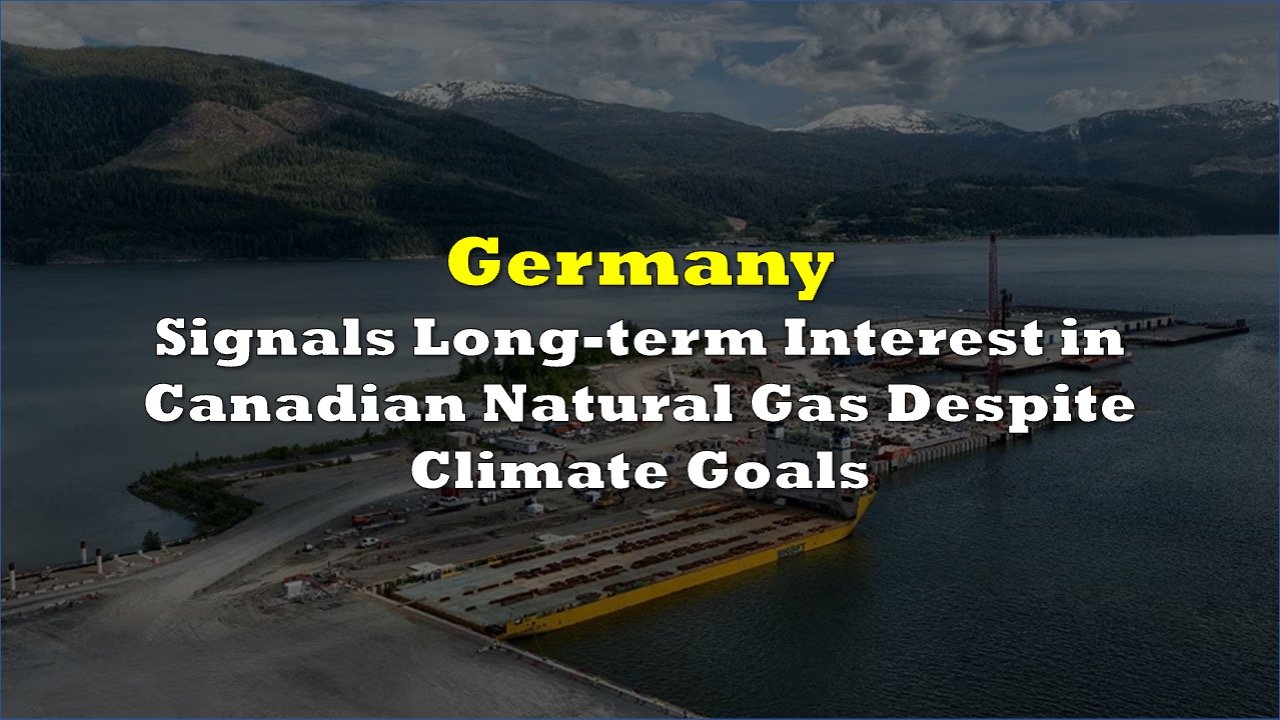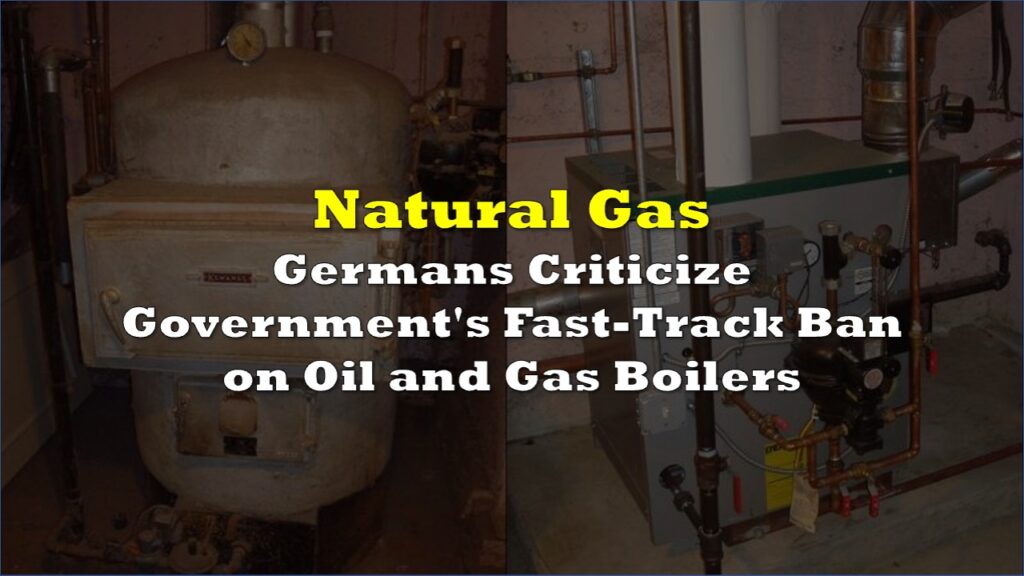Germany’s ambassador to Canada says his country will need liquefied natural gas for years beyond its renewable energy transition, directly contradicting earlier German climate officials who projected rapid phase-outs of fossil fuel imports and signaling new opportunities for Canadian energy exports as both nations navigate post-Ukraine war energy security concerns.
Ambassador Matthias Lüttenberg told The Logic that Germany views LNG “as a bridging technology and maybe possibly beyond that,” depending on the country’s economic growth and industrial needs. His position conflicts with Jennifer Morgan, Germany’s climate envoy and a former Greenpeace International director, who said earlier this week that studies show Germany will reduce gas imports by 30% by 2030 and 96% by 2050.
“We seek diversification of sources here and there,” Lüttenberg said at his Ottawa residence. “We can have both in parallel,” he added, referring to hydrogen and LNG imports from Canada.
The United States supplies roughly 90% of Germany’s current LNG imports, a dependency that developed after Berlin cut ties with Russian energy following Moscow’s 2022 invasion of Ukraine. Germany now seeks additional supply sources, and Lüttenberg noted that Canadian gas could reach European markets “through the United States” using existing American infrastructure while Canada develops its own export facilities.
Related: Canada Positioned to Fill Europe’s Natural Gas Gap as Russian Imports End
Canadian Energy Minister Tim Hodgson has championed expanded LNG exports under Prime Minister Mark Carney’s government, reversing former Prime Minister Justin Trudeau’s stance that no “business case” existed for European gas exports.
“When you talk to governments, their conclusion is, I will need more of this transition fuel,” Hodgson said in a recent interview, citing energy security concerns among European allies.
The renewed German interest comes as Canada seeks to diversify its energy markets amid trade tensions with the US. Carney’s government has promised to fast-track major energy infrastructure projects, including potential LNG export facilities on the East Coast.
However, energy analysts note that any Canadian LNG projects would take years to develop, while European demand is expected to decline as countries transition to renewable energy sources to meet climate targets.
Germany aims to achieve climate neutrality by 2045, five years ahead of most other developed nations. The country currently relies heavily on renewable sources, which account for about 60% of its electricity output.
Information for this story was found via the sources and companies mentioned. The author has no securities or affiliations related to the organizations discussed. Not a recommendation to buy or sell. Always do additional research and consult a professional before purchasing a security. The author holds no licenses.









